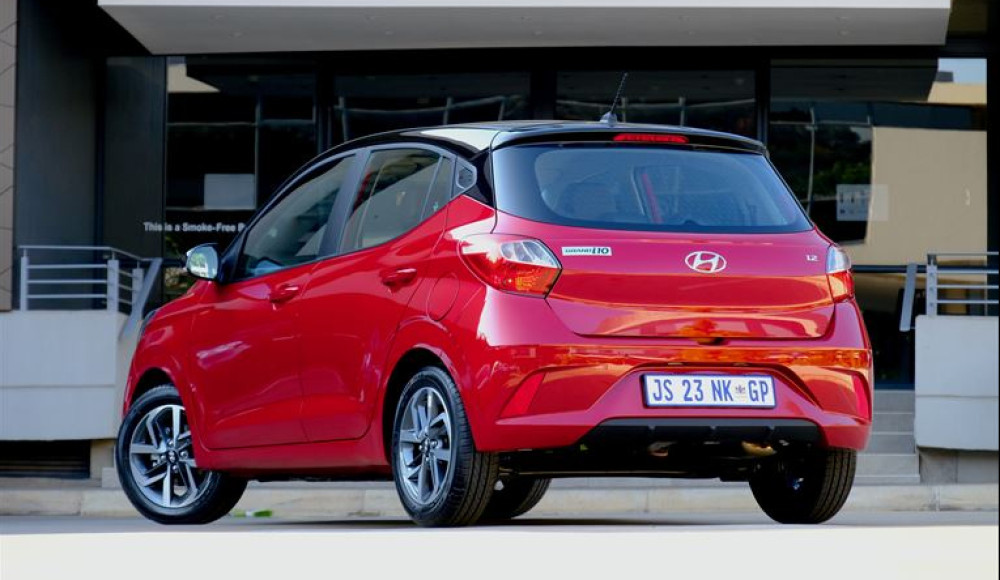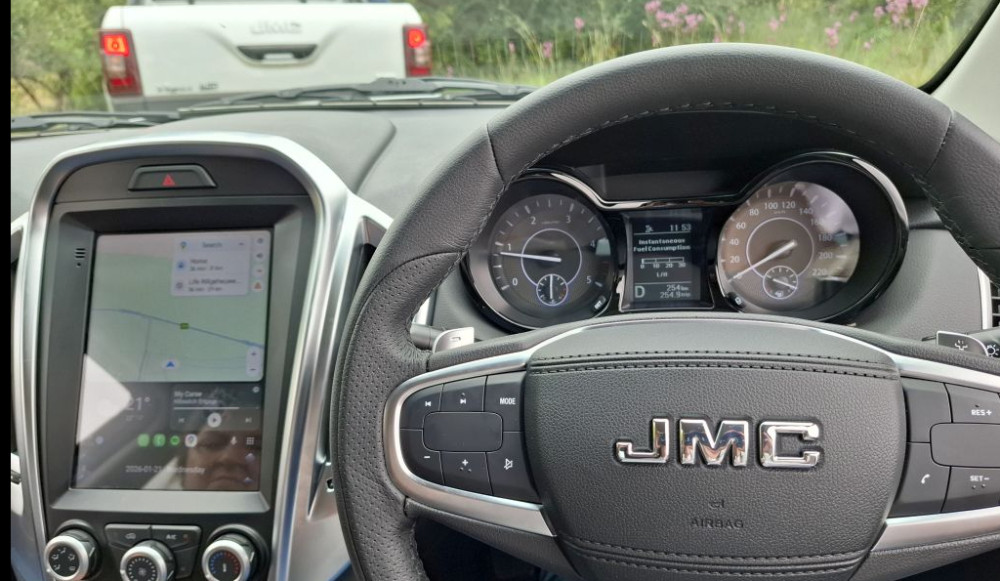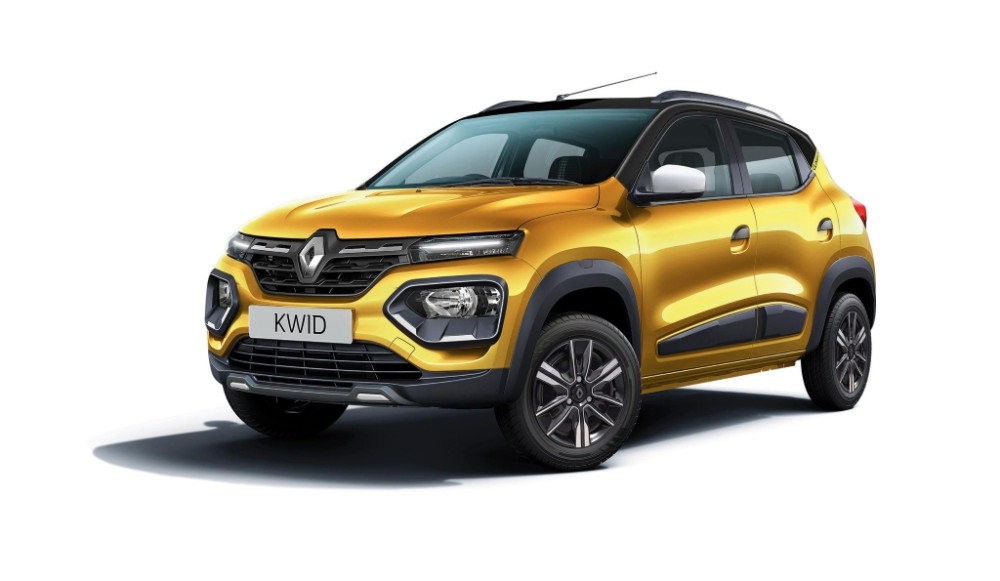South Africa's consumers are navigating a persistently difficult economic climate, marked by high inflation, rising interest rates, stagnant growth, increasing fuel costs, and a depreciating rand. These combined pressures are significantly impacting household budgets. Compounding the strain, the expense of existing debt is climbing, and overall credit health among consumers is weakening.
“Recent data from the South African Reserve Bank indicates the household debt-to-income ratio reached 62.0% by the end of 2024,” says Declan Jones, Head of Vehicle Ecosystem Development, WesBank.

Crunch the numbers to get your dream car by using this handy Finance Calculator
“This translates to households owing 62 cents for every rand of disposable income. Concurrently, widely used credit risk assessments like the Prism score, which lenders rely on to predict default likelihood, have shown a multi-year downward trend.
“These scores reflect payment history and debt levels. Alongside historically high rates of declined credit applications, this signals a growing portion of the population finding themselves excluded from conventional financial services.”
According to Jones, this challenging context raises questions about the continued suitability of traditional vehicle finance solutions, primarily the decades-old instalment sale agreement. The discussion centres on whether South Africa, facing pressures seen in other global markets, needs to hasten the adoption of alternative finance models better suited to the current realities of strained consumers.
While traditional vehicle finance served a growing middle class effectively in the past, affordability is now under significant pressure. Consumers encounter mounting barriers: stricter approval criteria, larger upfront deposits and monthly payments often rendered unmanageable as vehicle price increases consistently outpace inflation. The steady decline in credit quality underscores a widening gap between car prices and what households can realistically afford.

Need finance – click here for the very best finance deals for your new car
“The consequence is restricted mobility – essential not only for personal needs but also for accessing work, education, and entrepreneurial opportunities. Without affordable vehicle solutions, many South Africans risk being excluded from vital economic participation,” he says.
Internationally, financial institutions are rethinking vehicle ownership. Subscription models, flexible leasing arrangements, usage-based financing and shared mobility solutions are gaining ground, particularly in mature economies facing similar economic headwinds.
Markets including the United States, parts of Europe, and increasingly regions in Asia show rising acceptance of flexible vehicle finance options that prioritise access, convenience and flexibility over outright ownership.
“For instance, a recent PwC study in the UK found that nearly half of consumers would favour a subscription model over traditional purchase or finance when getting a vehicle. Deloitte’s 2025 Global Automotive Consumer Study further highlights a generational shift; a significant number of younger consumers (aged 18-34) across several markets express interest in moving away from conventional ownership towards mobility-as-a-service options.”
In South Africa, however, regulatory frameworks have not kept pace with these evolving models. While crucial for consumer protection, the National Credit Act (NCA) requirements are structured around conventional credit agreements. Subscription or usage-based models, operating more like service agreements, often fall into a regulatory grey area, hindering their scalability.
Furthermore, as regulators potentially tighten affordability assessments in response to rising household debt, traditional vehicle finance could become even harder to access. Without complementary regulatory innovation, the market risks worsening existing inequalities in mobility access, directly contributing to broader economic exclusion.
“There exists a clear opportunity, and arguably a responsibility, for the finance sector – with crucial support from policymakers – to champion alternative solutions aligned with present economic conditions,” adds Jones. “Moving beyond traditional models necessitates offerings with enhanced flexibility, such as shorter commitment periods and simpler vehicle change or return processes. It also demands a stronger focus on affordability by shifting emphasis from ownership structures to models centred on usage and access.

Starting or running a small business and in need of a bakkie – click here
Improving accessibility further requires rethinking credit assessment, moving towards methods that reflect consumers' actual financial behaviour and resilience, rather than relying solely on historical credit scores.”
The transition towards alternative vehicle finance is more than an economic consideration; it is a social necessity. Mobility unlocks opportunity, fuels economic engagement, and strengthens communities. Ensuring South Africans can keep moving forward demands an evolution in vehicle finance thinking. Despite current economic constraints, focused innovation, collaboration, and proactive regulatory foresight can help forge new paths for accessible mobility.
Colin Windell for Colin-on-Cars in association with
proudly CHANGECARS












